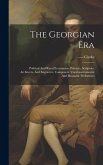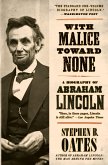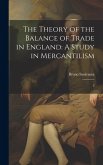The emancipation of Jews during the French Revolution and Napoleon's destruction of European ghettos led to concerns over the loyalty of Anglo-Jewry to the Crown. The elite of the Jewish community adopted the traditional approach of Jews in the diaspora stressing the community's loyalty and avoiding the public expression of any view which might be controversial. This outlook reflected both Jewish religious injunctions and a desire for self-preservation. In contrast, a small number of Jews broke with this approach and published remarkably contentious views on a range of political and religious subjects. Drawing on a rich range of sources, the book examines the extent of anti-Jewish sentiment in England. It breaks new ground by using government archives to demonstrate that these negative representations only had a very limited impact on the implementation of the Alien Act of 1793. This book understands the fears of the communal elite but also argues that the controversial views of some Jewish dissidents were more widely held than previously considered. As a study of a minority under pressure, the position of Anglo-Jewry in the period has wider relevance in today's multicultural world.
Hinweis: Dieser Artikel kann nur an eine deutsche Lieferadresse ausgeliefert werden.
Hinweis: Dieser Artikel kann nur an eine deutsche Lieferadresse ausgeliefert werden.








